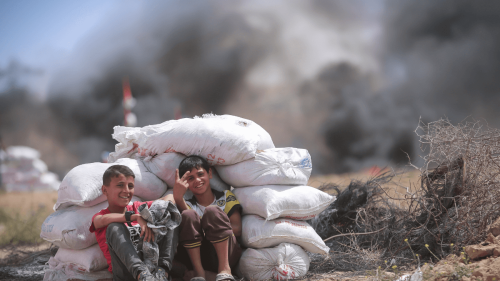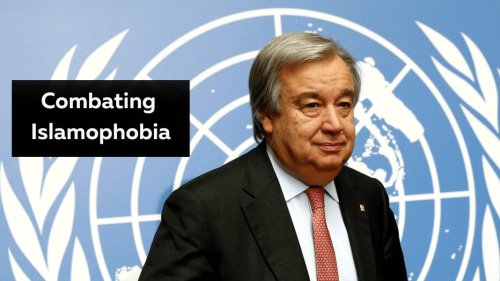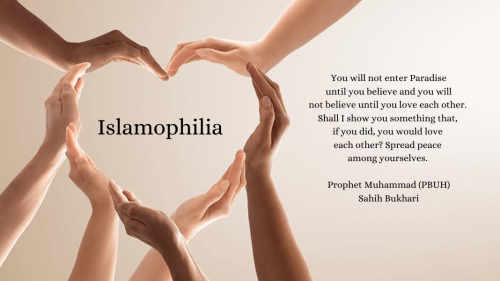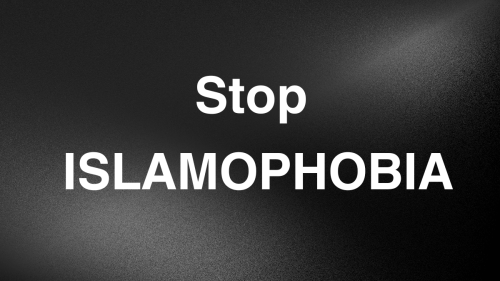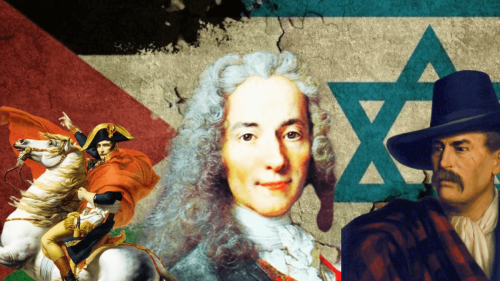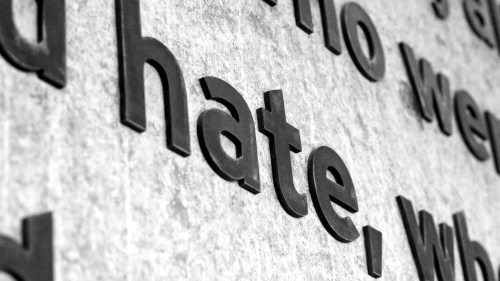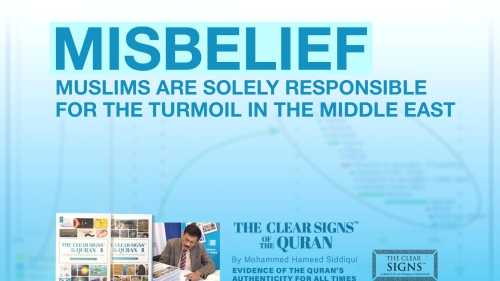Being Muslim in Trump's America
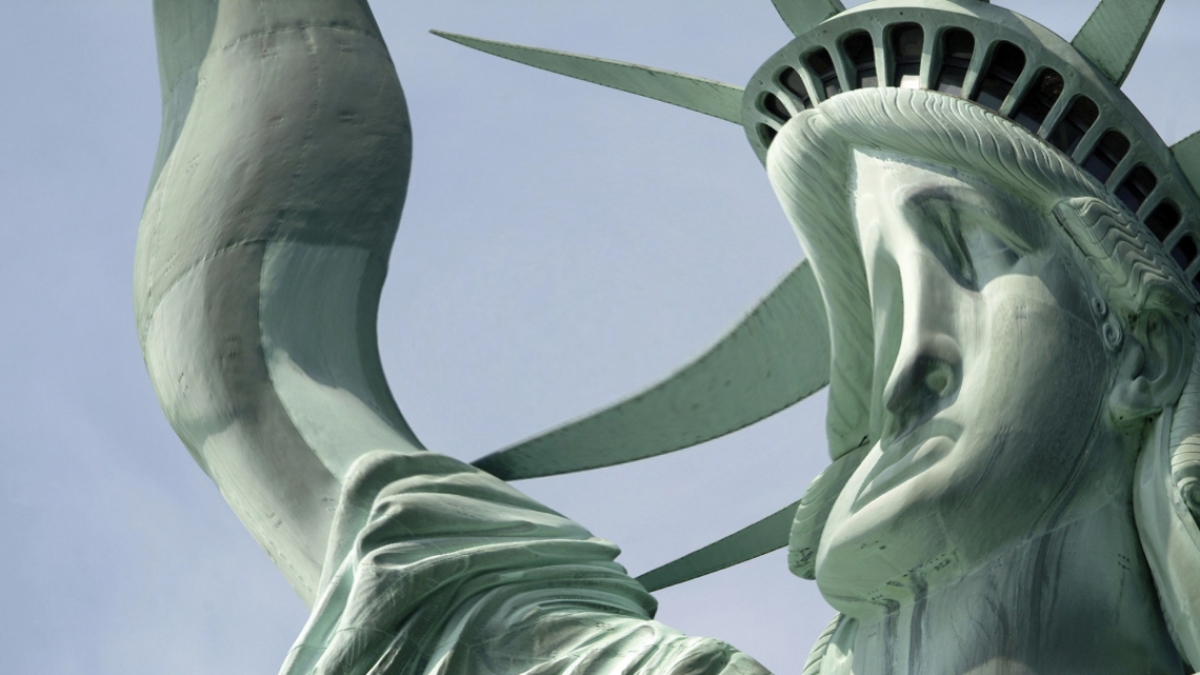
It feels like the walls have been closing in for years now.
I came to New York because I wanted to go to college in the biggest city. I’d study physics, or philosophy. Do cool things. Go on awesome dates. Build a fantastic Muslim community. I never imagined my life would be reduced to defending Islam, or being forced to distinguish myself from terrorists. Not even that Tuesday in September, when I confronted the horror of what people are capable of, even as I felt myself astonished by what courage New Yorkers had.
I believed we’d find a way forward, that our nation would not betray its greatest values, nor be shortchanged by its leaders, but we faced an enemy more resilient than many of us suspected, and chose policies that left us — and much of the world — more unsafe and more unstable than before. To be an American Muslim now is to live tethered to that moment. To suffer ever greater threats to your life, your dignity, your belonging, because you’re confused for extremists.
Who hate you too.
Much of the Muslim world has collapsed in on itself, the product of various forces all of which have come together to create a kind of perfect storm; in the United States, the voices of Islamophobic trolls now shape political outcomes. I always used to receive hate — death threats, snide asides, terrifying turns of phrase. This week was no different. “Death is coming soon to all of Islam, raghead. Soon.” Or this one, on Twitter: “In due time you will be exterminated.” Except it was entirely different. They’re the establishment now. The mainstream are the radicals.
You can’t help but hear this hate differently, and feel it differently too.
Into that overwhelming context landed President Trump’s executive order banning travelers from seven Muslim-majority nations. While some Americans might believe Trump’s travel ban a reasonable national security directive, those of us who are Muslim understand this to be another step towards the total collapse of the Muslim religion into the enormity of terrorism.
We’ve been conflated with the very people who most want to kill us — of those ISIS kills, the majority are Muslim. Meanwhile we Americans too often bomb their countries, invade their territories, arm their authoritarian overseers, and now, on top of all this, we shut the door on those who want to flee?
I’d spent nearly all of my adult life fighting this fight, from working to build programs to lure young Muslims away from extremism to building the Muslim Leadership Initiative program, taking North American Muslims to Jerusalem to better understand Israel, in the spirit of inspiring more informed, respectful and productive conversations in our local contexts.
And I found myself wondering what the point of it was. I changed my whole life because I felt an obligation, born of love and concern, as an American and a Muslim, to do what I could to defuse the animosities that were cultivated around these identities, the civilizational war, the apocalyptic sentiment, that too many of our extremes preach.
And yet none of that seemed to make a damned difference.
Nearly all of my adult life having amounted, in the end, to what — nothing? Next to nothing, because I put in everything I had, and here we were. Day eight of a Trump administration, and most Muslims I know can’t sleep.
One day they’d turn us out. They’d ask, if Muslims were too dangerous to let into the country, how could we possibly keep any in the country? Or those same folks wishing death, torture and disease on us — just a day in the life of a Twitter feed — would soon turn from words to weapons.
Like one young man did in Quebec City.
But Saturday afternoon, as I lay there scrolling through a Twitter feed that seemed as endless as it was meaningless, I saw the pictures from Terminal 4.
First I saw just a few folks, bundled in winter jackets, holding homemade signs aloft. Then a few dozen. Then hundreds. Then they were on the higher floors of the parking garages. They were there for Muslims. They themselves overwhelmingly were not.
They had been told, over and over, that we were terrorists and extremists. They didn’t buy it. A friend of mine, she was watching, and she said, “There is so much good out there.” Soon there were tens of thousands, huge protests all across the country, from coastal metropolises to middle America, a massive movement, overwhelmingly everyday Americans out in numbers to insist that they would not accept a Muslim ban.
I might’ve cried.
To be a Muslim today is to be disappointed, frustrated, even scared. We are 1.6 billion people who can’t seem to make a mark on the world worthy of our numbers, our histories, our ideas. But I know, in traveling the Muslim world, that more than a few — I’d guess tens of millions — are just exhausted, sick of extremism, desperate for something new.
They have allies in this American Arab spring. To be an American today is to be many things. It means being worried about the direction of our secular republic. Concerned for the integrity of our constitutional democracy. But it is not to be alone.
There is so much good out there. In Republicans who pushed back. In my high school teacher who told me how proud he was of me. In an old friend checking in, after 10 years, just to see how I was. In the millions — and I’d guess tens of millions — who do not want this, and will not stand for this.
If the walls are closing in, put your hands up against them and push back.
Moghul is a senior fellow at the Center for Global Policy. His forthcoming book is “How To Be A Muslim.”








